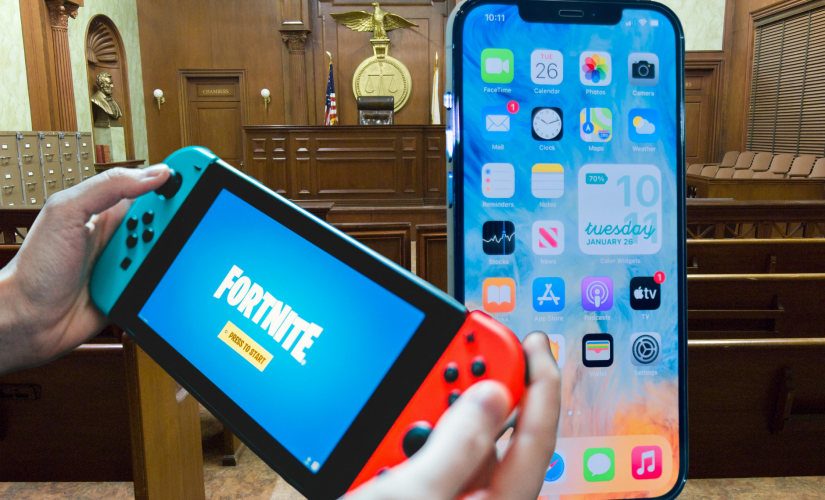Apple’s App Store will now allow developers to link outside payment platforms after the U.S. Supreme Court refused to hear its appeal in its legal battle with Epic Games.
The iPhone maker has updated its policy in the United States, letting developers bypass Apple’s own payment system, which charges a commission of either 15% or 30%. However, the tech giant said it would still attempt to collect a 12% or 27% revenue share that opts out of the Apple system.
Under the guidelines, developers can apply for an entitlement, allowing them to include buttons, external links, or other calls to action that direct customers to purchasing mechanisms other than in-app purchases.
The guideline states, “Developers may apply for an entitlement to provide a link in their app to a website the developer owns or maintains responsibility for in order to purchase such items,” adding that the entitlement is limited to use only in the iOS or iPadOS App Store on the U.S. storefront.
The Supreme Court had declined to consider the Cupertino-based company’s challenge of lower-court rulings that found some of the store rules for apps purchased on more than one billion iPhones constitute unfair competition under California law. The justices also dismissed Epic’s secondary appeal, however, Apple’s stock fell more than 2% in early trading on Tuesday.
In a series of posts on X, formerly known as Twitter, Epic Games founder and CEO Tim Sweeney said Apple’s plan remained anti-competitive. He added that the company would contest Apple’s “bad-faith compliance plan” in District Court.
A quick summary of glaring problems we've found so far:
1) Apple has introduced an anticompetitive new 27% tax on web purchases. Apple has never done this before, and it kills price competition. Developers can't offer digital items more cheaply on the web after paying a… pic.twitter.com/YkHuapG7xa
— Tim Sweeney (@TimSweeneyEpic) January 16, 2024
What did Apple do to Epic Games?
In 2020, Apple removed Epic’s Fortnite game from the App Store when Epic Games introduced an alternative in-game payment method, allowing players to bypass Apple’s 30% fee on in-app purchases. Google also responded by withdrawing Fortnite from the Play Store.
Epic subsequently filed a lawsuit alleging antitrust violations by Apple, claiming that the company had unlawfully monopolized the market. However, in 2021, U.S. District Judge Yvonne Gonzalez Rogers rejected Epic’s antitrust claims.
Featured Image: Pexels / Canva





